About
This website is based on an ethnographic and qualitative research project about early marriages among Syrian refugees in Jordan, funded by WOTRO Science for Global Development, The Netherlands. Development and humanitarian organizations in Jordan consider early marriages (under 18 years) one of the main problems affecting the health situation of Syrian girls, young women and their children. While there are many studies available on the causes and consequences of early marriages among Syrian refugees in Jordan, little is known about the perspectives and practices of young Syrians themselves. This collaborative research project examined early marriage practices among Syrian refugees in Jordan in relation to their sexual and reproductive health. Academic researchers, practitioners and young refugees carried out qualitative and ethnographic research in Irbid, Mafraq, Zarqa and Amman. Two development organizations working with refugee youth, namely Caritas Jordan, a large international NGO, and Ahel Aljabal, a Jordanian NGO based in Mafraq, were involved in the project. In addition to interviews, the research team used participatory methods that included monthly meetings with the same group of women and men. This longevity and recurrence in meetings, created a safe environment in which sensitive topics could be addressed over time.
The research team found many different forms and understandings of (early) marriages among Syrians. In addition, it is crucial to differentiate between widely varying contexts and conditions in which early married women find themselves. These contexts determine their needs. Furthermore, the underlying motivations for early marriage vary widely, from reasons associated with life in Syria to motivations that arose only within a context of protracted forced displacement. Designing a context-specific and well-targeted strategy to address challenges related to early marriages is therefore essential. You can read more about our recommendations in our Policy Brief, which can be downloaded here.
Why this website?
The goal of the website is to share stories of women and men in conflict-ridden parts of the Middle East and Africa. The stories are meant to counter the dominant and often stereotypical stories that can be found in the mainstream media, in which people, and women in particular, in conflict areas in the Middle East and Africa are mainly presented as victims. Notwithstanding the huge challenges and problems people face in situations of political and violent conflict, war and displacement, it is important to show the diversity of their experiences, their agency and the complexities of issues such as war and conflict, refuge, (gender based) violence, early marriage and the like. The aim is to share and present these stories in such a way that their situations become more understandable for others, and that people will be better able to identify with them instead of seeing them as “different”, “others” and “victims”. The website is meant as a reference site for students, other researchers, non-academics, journalists, people working for humanitarian organizations and anyone else interested in issues around gender, war and displacement.
How to use the website
This website has been designed to share stories and images in a simple way, making it easy for you to navigate and explore several stories. Allow your mouse and your curiosity to guide you.
The team
Senior researchers:
- Dr. Ruba Alakash (Yarmouk University, Irbid)
- Dr. An Van Raemdonck (Vrije Universiteit Amsterdam)
- Dr. Marina de Regt (Vrije Universiteit Amsterdam)
- Dr. Katarzyna Grabska (PRIO, Oslo)
- Dr. Ayat Nashwan (Yarmouk University, Irbid)
Syrian refugee researchers:
- Siham Al-Masri
- Naflah Al Aboud
- Um Khaled
MA students Yarmouk University:
- Reem Al Momani
- Laeqa Khasawneh
- Zuhour Gharaibeh
- Jalal Al-Haji
- Arzaq Yousef Abu Eid
- Ghufran Abudayyeh
Representatives of practicioner organizations:
- Manal Abu Zaitoun (Ahel Al-Jabal)
- Eman Jawabreh (Caritas Jordan)
- Lana Snober (Caritas Jordan)
- Katya Marji (Caritas Jordan)
Website team:
- SolidFlux (Webdevelopment)
- Isobel Dryburgh (Writer)
- Miral Assuli (translator)
- Eva Braam (project assistant)
Artist:
Readers of stories:
- Louma Nouralla
- Majd Machati
The stories
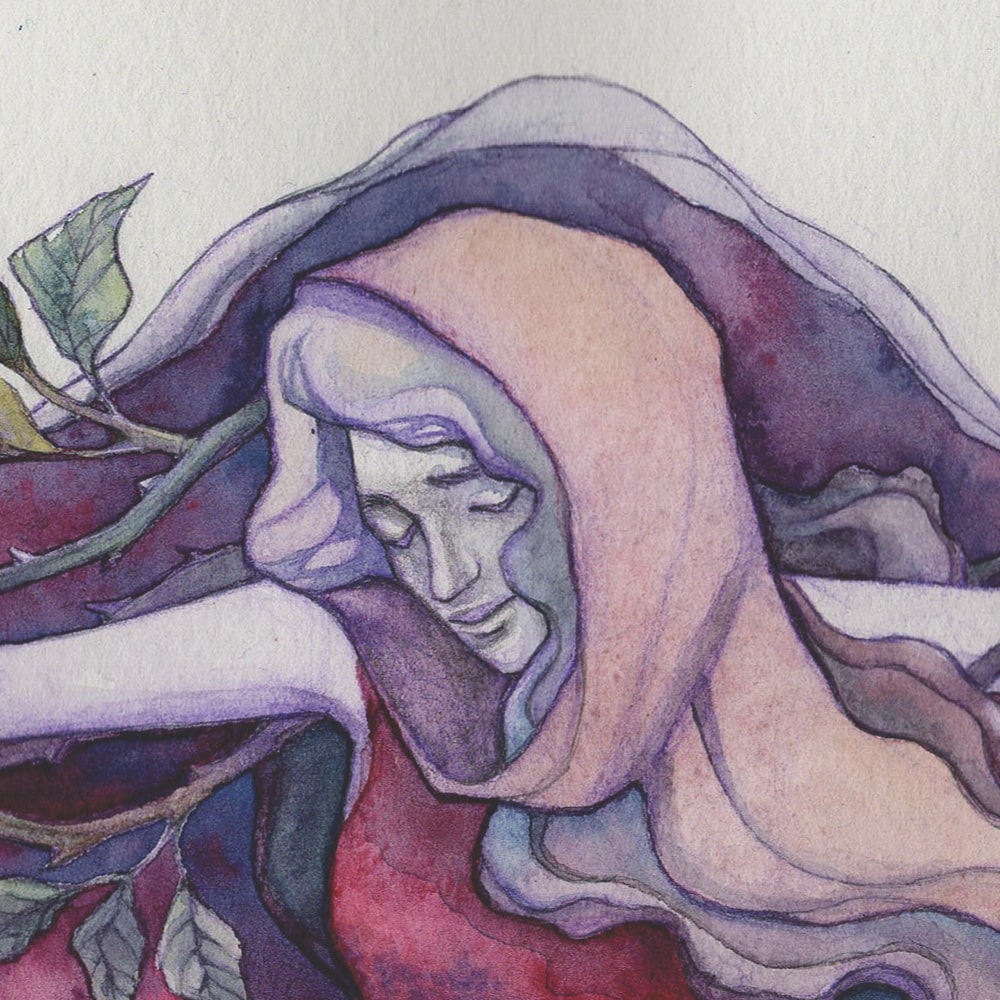
ZahraJordan, 2018Read →
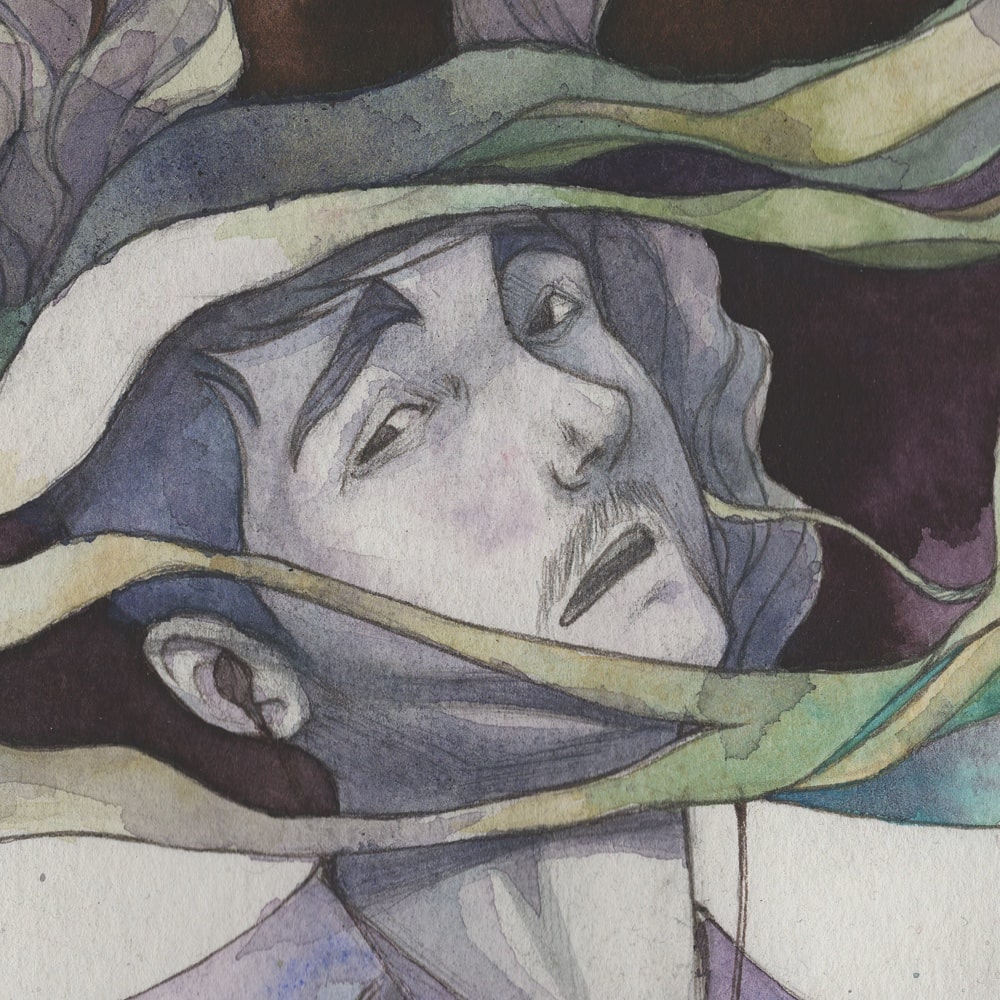
Hassan and AkramJordan, 2019Read →
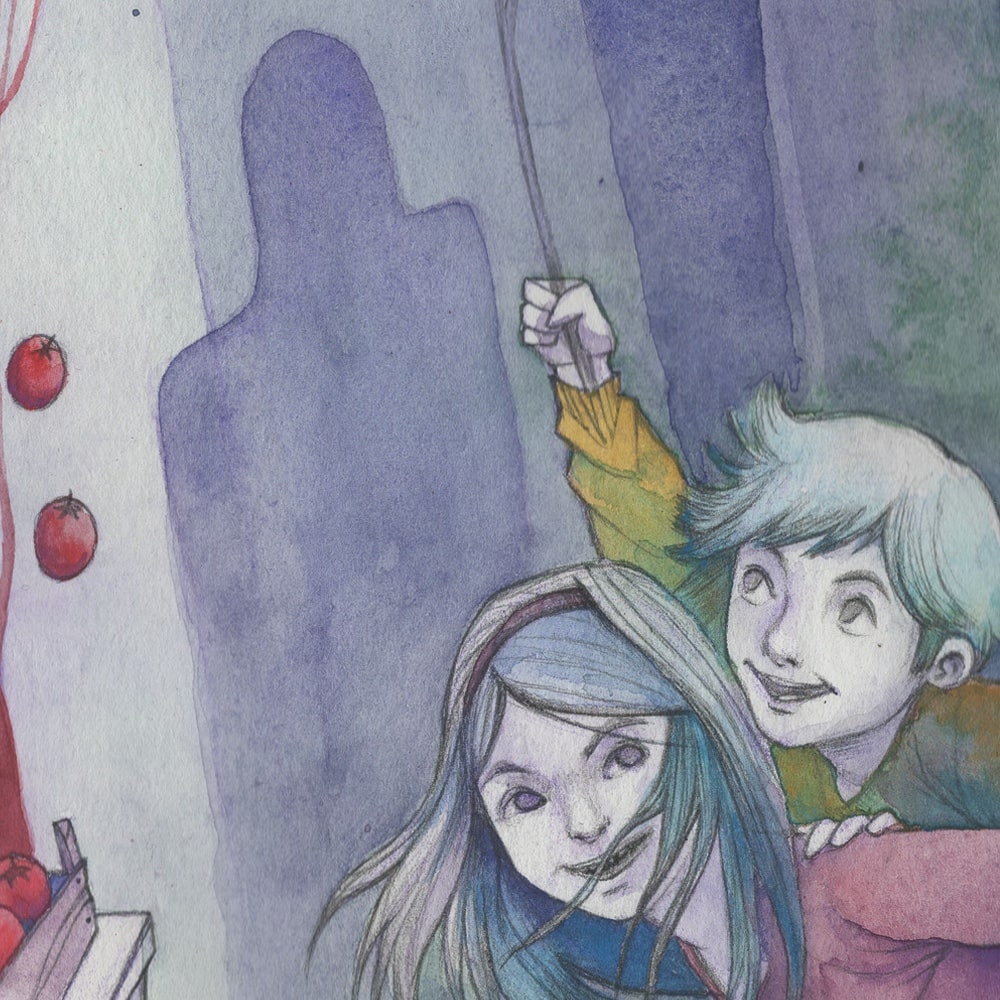
NoorJordan, 2018Read →
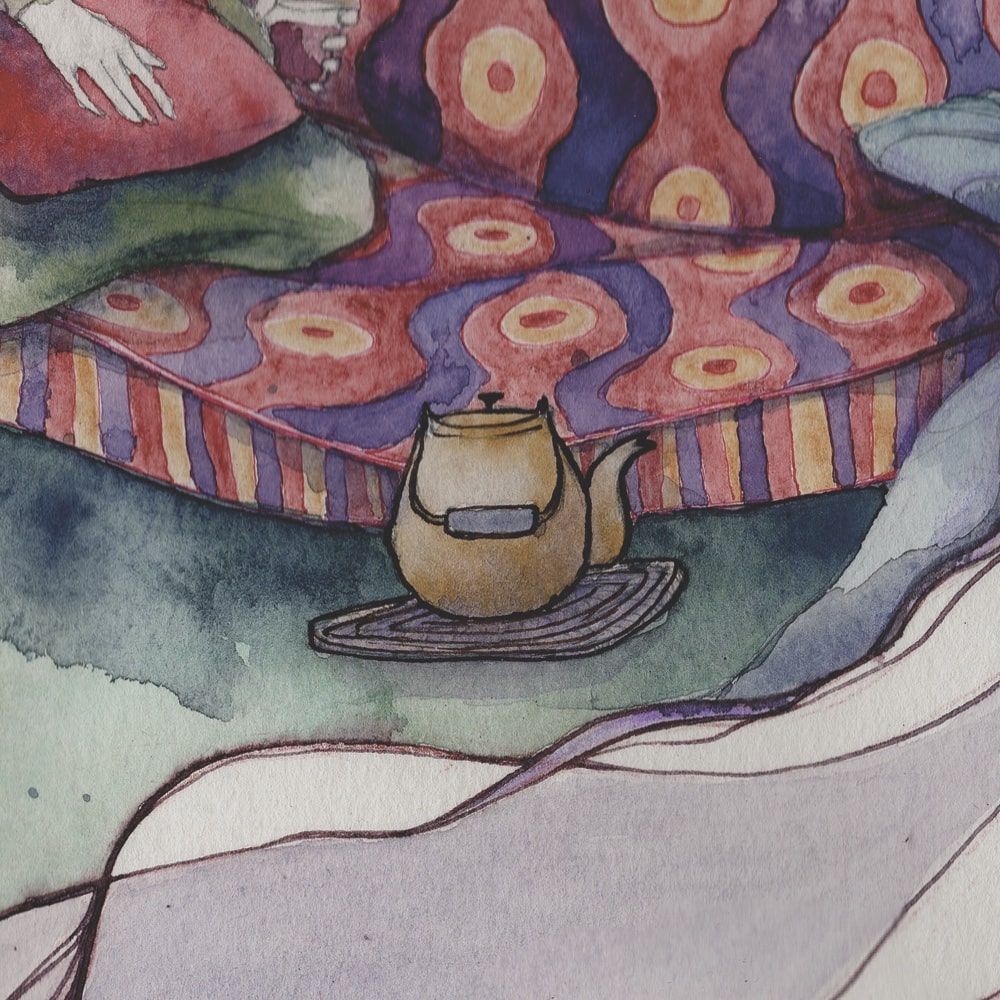
Safa and LeenaJordan, 2018Read →
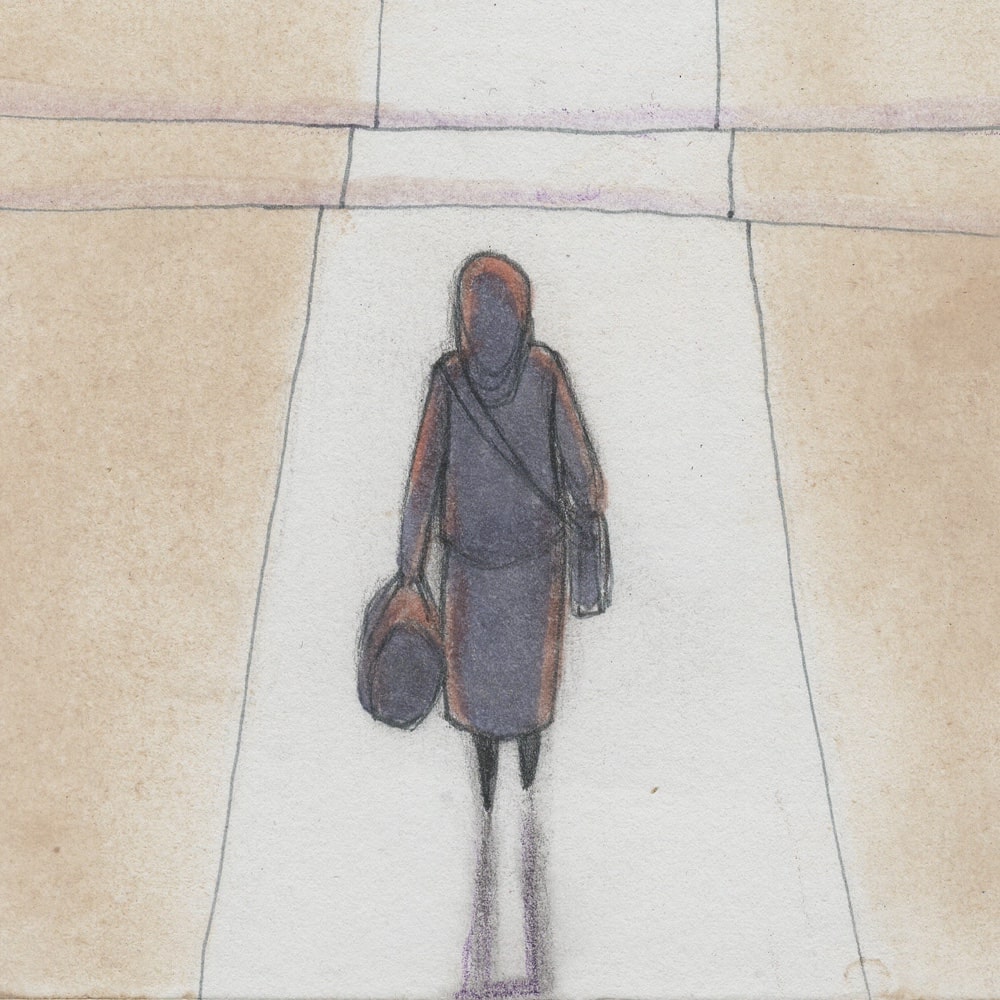
MeeraJordan, 2018Read →

Hassan and AkramJordan, 2019Read →
